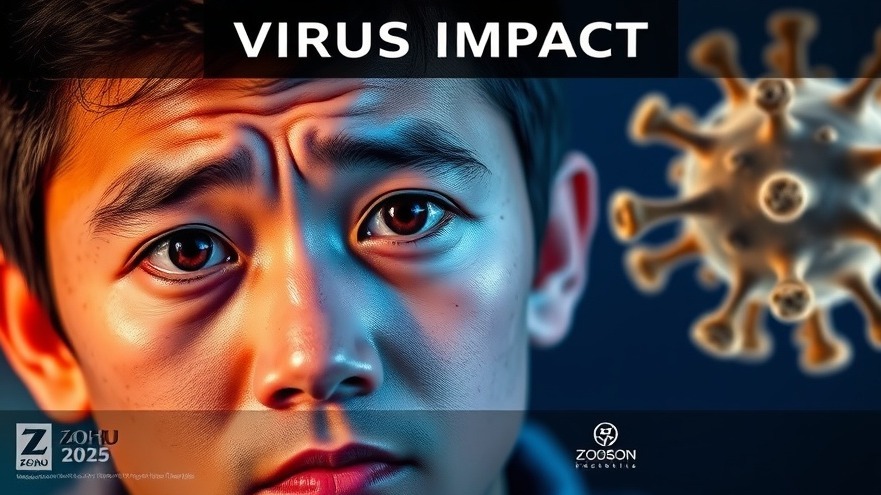
The Growing Importance of Vaccine-Preventable Disease Surveillance
In a recent training session titled 2025 CDC Training for Bacterial Vaccine-Preventable Disease (VPD) Surveillance, experts emphasized the alarming trends surrounding vaccine-preventable diseases (VPDs) such as meningococcal disease, pertussis, and pneumococcal infections. As healthcare professionals, understanding these changes is crucial for public health policy and community protection.
In 2025 CDC Training for Bacterial Vaccine-Preventable Disease Surveillance, the discussion dives into key trends in VPDs, exploring insights that sparked deeper analysis on our end.
What Are Vaccine-Preventable Diseases?
Vaccine-preventable diseases are conditions that can be avoided through vaccination, including bacterial illnesses such as meningitis, pneumonia, and tetanus. The CDC has reported recent increases in these diseases, specifically outlining the resurgence of conditions like meningococcal disease due to various factors, including changes in vaccination rates and serogroup management.
Understanding Meningococcal Disease
Meningococcal disease, caused by the bacteria Neisseria meningitidis, can lead to severe health implications if not identified and treated swiftly. The current trend shows rising incidence rates primarily driven by serogroup Y, especially in populations not often vaccinated. This highlights the necessity for ongoing surveillance and prompt identification of cases to inform public health actions.
Invasive Pneumococcal Disease: A Continuing Challenge
The surveillance of invasive pneumococcal disease (IPD) is critical, given that it remains a significant health threat in the United States, causing around 30,000 cases annually. The importance of continuous monitoring to detect emerging serotypes and increasing antibiotic resistance is vital for health departments and clinicians alike.
Importance of Continued Vaccination Efforts
Throughout the session, experts reiterated the importance of maintaining high vaccination coverage rates to prevent outbreaks. Vaccines like the MenACWY and MenB, as well as pneumococcal vaccines, play essential roles in protecting vulnerable populations such as infants, the elderly, and those with certain health conditions. The emergence of new vaccine formulations, like the pentavalent MenABCWY, is also encouraging for public health.
The Role of Healthcare Professionals
Healthcare providers are crucial in educating their communities about the importance of vaccinations and the ongoing relevance of surveillance for VPDs. As emphasized in the training, being informed helps healthcare professionals respond effectively during outbreaks, ensuring that vulnerable populations are protected and that the spread of these diseases is contained.
The insights shared during the 2025 CDC training stress the need for a unified effort to improve vaccination uptake and surveillance of disease trends. By staying informed and involved, healthcare professionals can make a significant impact in preventing the resurgence of vaccine-preventable diseases.
 Add Row
Add Row  Add
Add 




Write A Comment